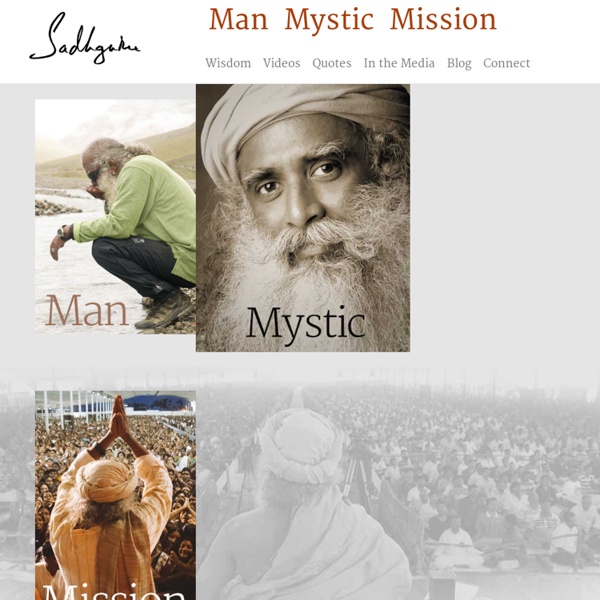



Jesus Lived in India Holger Kersten: "It is simply of vital importance to find again the path to the sources, to the eternal and central truths of Christ's message, which has been shaken almost beyond recognition by the profane ambitions of more or less secular institutions arrogating to themselves a religious authority. This is an attempt to open a way to a new future, firmly founded in the true spiritual and religious sources of the past". The Russian scholar, Nicolai Notovich, was the first to suggest that Christ may have gone to India. In 1887, Notovich, a Russian scholar and Orientalist, arrived in Kashmir during one of several journeys to the Orient. For about sixteen years, Christ travelled through Turkey, Persia, Western Europe and possibly England. The first step in Christ's trail after the Crucifixion is found in the Persian scholar F. Kersten also suggests that prior to Christ's mission in the Middle East, he may have been exposed to Buddhist teachings in Egypt. Back to the KOR Hompage
Isha Kriya Yoga - Free Online Guided Meditation Video By Sadhguru Rooted in the timeless wisdom of the yogic sciences, Isha Kriya is a simple yet potent process created by yogi and mystic, Sadhguru. Isha Kriya is free, simple, and easy to practice. Available as a guided meditation with an instructional video and downloadable instructions, as well as through live classroom sessions, it has the potential to transform the life of anyone who is willing to invest just 12 minutes a day. “Isha” refers to that which is the source of creation; “kriya” literally means “internal action.” Today, for most people, the word “yoga” usually conjures up images of twisting the body into impossible postures. It is the vision of Sadhguru to offer “one drop of spirituality” to every individual. About Sadhguru Visit Isha.Sadhguru.org Visit IshaFoundation.org Sadhguru, a yogi, mystic, poet and visionary humanitarian, is a spiritual master with a difference. There is no dearth of guided meditation techniques on the market today. What exactly is meditation? Our Sponsors
Philippians 2:6 Not thievary for a man to be God "Have this attitude that also was in Christ Jesus, who, being in the form of God, did not regard it robbery to be equal with God, but made himself of no reputation." (KJV) The Trinitarian translation and subsequent intepretation of this passage is devised contrivance, pure and simple. Their object here is to try and make out that Christ didn't reckon it was thievery to be in the form of God and enjoy that equal status with God and thereby keep his divine nature when he decided to take the form of a man. For let this mind be in you, which was also in Christ Jesus: Who being in the form of God, thought it not robbery to be equal with God: But emptied himself, taking the form of a servant, being made in the likeness of men, and in habit found as a man. Now let us look at what the passage really says. Now as we shall see there is a big difference here. The Context Let us look at the whole passage. Now what this passage says is quite simple. The Mind of Christ
Isha Yoga Focus[edit] Sadhguru conducting an Inner Engineering class at BSEMumbai. Isha Yoga practices include Hatha Yoga, pranayama and meditation. The word Isha means the formless divine,[1] and Isha Yoga is described as "a comprehensive system that integrates the core of yogic science," where "yoga is taught in its full depth and dimension and communicated on an experiential level. Isha Yoga's introductory program, Inner Engineering, includes initiation into meditation, pranayama and the Shambhavi Mahamudra, a 21-minute kriya.[3][4] Other programs include the Shakti Chalana Kriya, which involves pranayama, combined with Shoonya meditation, "an effortless process of conscious non-doing for 15 minutes,"[5] the 7-day Samyama residential program in which practitioners maintain complete silence,[6] and Hatha Yoga, which also includes a 21-week teacher training course.[7] Medical research[edit] See also[edit] References[edit] Jump up ^ Khan, H.R. External links[edit]
Neuroscience and Zen Brain - Upaya Zen Center Roshi Halifax speaking at TED Women 2010 In recent years, philosophy, psychology, and neuroscience have contributed new observations and insights into the brain and bodily processes involved in those states we call emotions and their relationships to our perceptions and actions. These observations support the conclusion that bodily changes and the experience of the body are inextricable aspects of emotions, and of most other aspects of mind. These disciplines have also provided frameworks for understanding how emotions are initiated and regulated in the mind/brain/body that are resonant with Buddhist perspectives and practices. Upcoming Zen Brain Programs
Midnights with the mystic - 2008 Trade in your item Get a £0.34Gift Card. Flip to back Flip to front Listen Playing... Paused You're listening to a sample of the Audible audio edition. See all 2 images Want it tomorrow, 18 May? <div> This book is constructed around a series of late night conversations between Cheryl Simone and Sadhguru Vasudev at her mountain retreat in rural Georgia. £14.99 FREE Delivery in the UK. Frequently Bought Together No Kindle device required. Apple Android Windows Phone To get the free app, enter your e-mail address or mobile phone number. or What Other Items Do Customers Buy After Viewing This Item? Look for similar items by category
One Time, One Meeting | The Practice of Zen Meditation Midnights with the mystic - Jaico edition, 2010 Flip to back Flip to front Listen Playing... Paused You're listening to a sample of the Audible audio edition. Learn more See this image Want it tomorrow, 18 May? £13.99 FREE Delivery in the UK. Frequently Bought Together No Kindle device required. Apple Android Windows Phone To get the free app, enter your e-mail address or mobile phone number. or What Other Items Do Customers Buy After Viewing This Item? Look for similar items by category